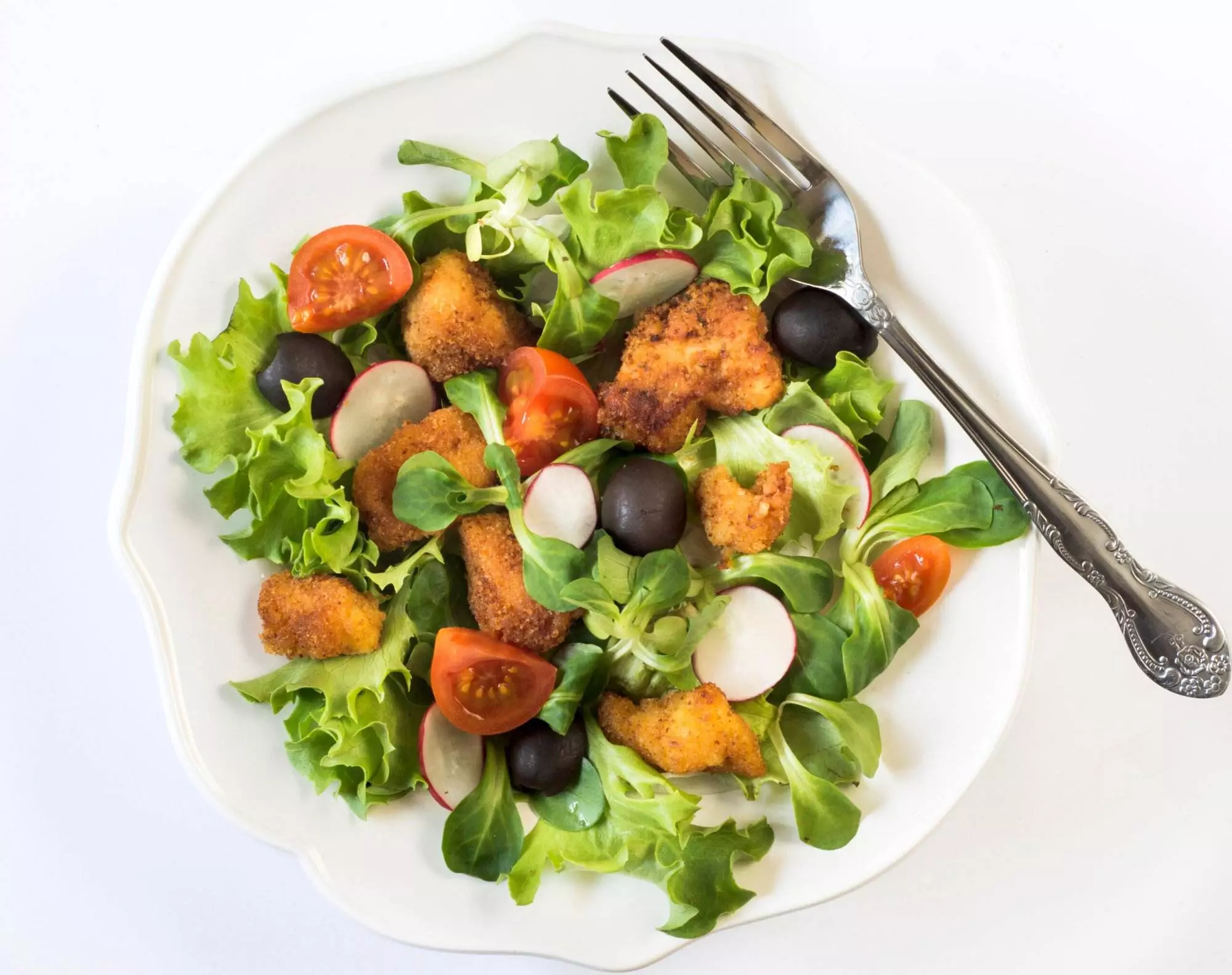
Everything You Need to Know About the Ketogenic Diet
The keto diet is a low-carb, high-fat diet that has gained popularity in recent years for its potential health benefits. It involves restricting carbohydrate intake and replacing it with fat to put your body into a state of ketosis, where it burns fat instead of glucose as fuel. Here’s everything you need to know about the ketogenic diet:
What Is The Ketogenic Diet?
The ketogenic diet is a low-carb, moderate-protein, and high-fat diet that forces your body to use up stored fats rather than relying on glucose from carbs for energy. By limiting carb intake to less than 50 grams per day, your body goes into a metabolic state called ketosis, which can help promote weight loss, improve blood sugar control, and reduce inflammation.
Benefits Of The Keto Diet
There are several potential benefits of the keto diet, including:
1. Weight Loss – Studies have shown that the keto diet can lead to significant weight loss, especially when combined with exercise.
2. Blood Sugar Control – The keto diet has been found to be an effective way to manage type 2 diabetes by improving insulin sensitivity and reducing blood sugar levels.
3. Reduced Inflammation – Following a keto diet may also help reduce chronic inflammation throughout the body, which could lower the risk of certain diseases such as cancer and heart disease.
4. Improved Brain Function – Some studies suggest that the keto diet may enhance cognitive function and memory, particularly in those with Alzheimer’s or Parkinson’s disease.
Foods To Eat (And Avoid) On A Keto Diet
Here are some foods to eat (and avoid) on a keto diet:
EAT:
1. Fatty Meats And Fish – These include bacon, steak, chicken thighs, salmon, trout, and other oily fish.
2. Non-Starchy Veggies – Leafy greens like spinach, kale, and collards, along with cruciferous veggies like broccoli and cauliflower are great options.
3. Nuts And Seeds – Almonds, walnuts, pumpkin seeds, sunflower seeds, and nut butters are all good choices.
4. Full-Fat Dairy Products – High-fat dairy products like cheese, cream, and butter are fine on the keto diet.
AVOID:
1. Grains – This includes bread, pasta, rice, cereal, and anything made with wheat flour.
2. Legumes – Beans, lentils, peas, and soybeans should be avoided due to their high carb content.
3. Sweets – Candy, cookies, cakes, and other sugary treats should be limited or eliminated altogether.
How To Start A Keto Diet
Starting a keto diet requires careful planning and preparation. Here are some steps to get started:
1. Plan Your Macros – Determine how many calories you need each day based on your age, sex, height, weight, and activity level. Then divide those calories among macronutrients (fat, protein, and carbs).

2. Stock Up On Keto-Friendly Foods – Make sure you have plenty of keto-friendly foods on hand, including meat, seafood, vegetables, nuts, and seeds.
3. Eliminate Carbs Gradually – If you’re used to eating a lot of carbs, gradually cut back over time to prevent side effects like headaches and lethargy.
Keto Meal Plan And Recipes
Here’s what a typical keto meal plan might look like:
Breakfast:
Bacon and eggs
Avocado toast with smoked salmon
Chia seed pudding with berries and almond milk
Lunch:
Grilled chicken salad with mixed greens and avocado dressing
Tuna salad lettuce wraps
Turkey burger bowl with roasted sweet potato and green beans
Dinner:
Steak and roasted Brussels sprouts
Salmon with sauteed mushrooms and zucchini noodles
Spaghetti squash with ground turkey and marinara sauce
Snacks:
Hard boiled eggs
Cheese and olives
Edamame beans
In conclusion, the keto diet can be a powerful tool for achieving weight loss, managing blood sugar levels, and promoting overall health. With careful planning and dedication, anyone can successfully follow this diet while enjoying delicious and satisfying meals.